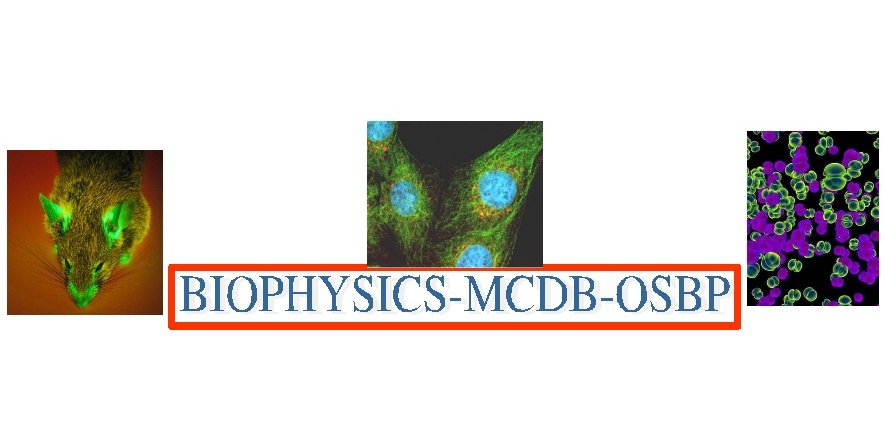Interdisciplinary Graduate Programs Symposium

2010 OSU Molecular Life Sciences
Interdisciplinary Graduate Programs Symposium

Talk abstracts
Abstract:
Effector/memory CD4+ Th1 cells specific for myelin antigens are responsible for central nervous system (CNS) inflammation in multiple sclerosis (MS). These immune cells from the periphery cross the blood brain barrier and enter the unique cytokine microenvironment of the CNS – a microenvironment with an anti-inflammatory composition to prevent deleterious inflammation to a predominantly non-regenerative tissue. Although the effects of cytokines in the CNS microenvironment on naïve CD4+ T cells have been well described, much less in known about their ability to influence antigen-experienced effector cells. TGF-β, a multi-functioning cytokine present in both the healthy and inflamed CNS, has well-characterized suppressive effects on naïve T cells; however, the effects of TGF-β on effector Th1 cells are not well defined. Using experimental autoimmune encephalomyelitis (EAE), a mouse model representative of MS, we demonstrate that TGF-β elicits differential effects on naïve versus effector Th1 cells. TGF-β enhances cellular activation, proliferation, and cytokine production of myelin-specific effector Th1 cells; however, these cells demonstrate a reduction in disease causing capability after adoptive transfer into naïve wildtype mice. We then demonstrate the ability of TGF-β to promote Th1 self-regulation by enhancing production of IL-10, a cytokine with known immunoregulatory effects. These data demonstrate a unique mechanism by which TGF-β is able to reduce the encephalitogenicity of myelin-specific effector Th1 cells and support the hypothesis that the effect of TGF-β is dependent on the differentiation state of the target cell.
Keywords: Transforming Growth Factor-beta, Experimental Autoimmune Encephalomyelitis (EAE), Interleukin-10